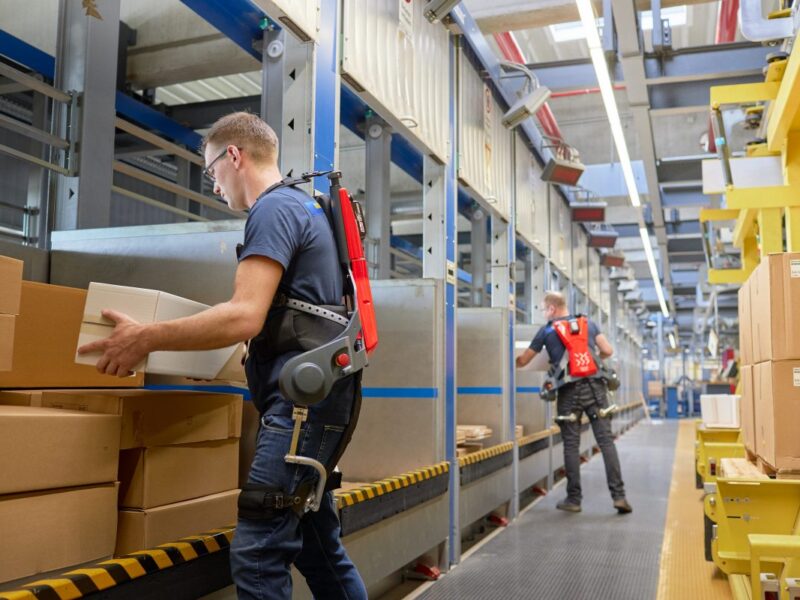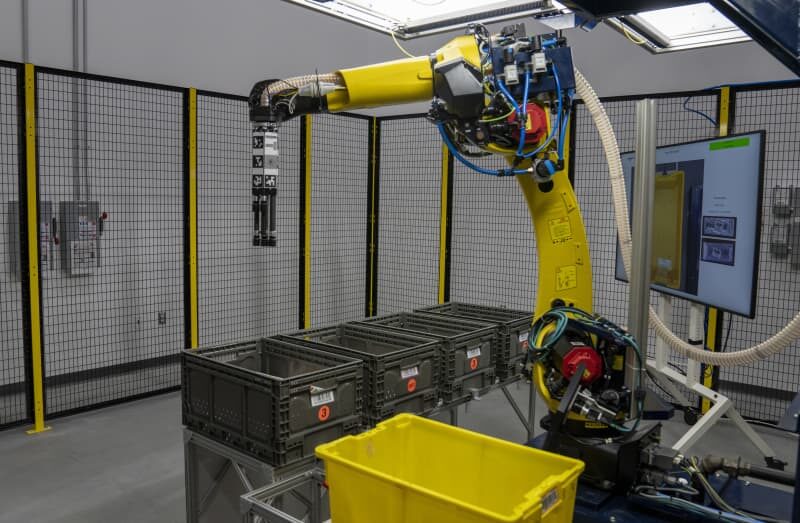In the modern market, there are a lot of offers of various kinds of small carriers and large transport companies. All of them strive to attract as many consumers as possible. They do it in different ways: diversify services as much as possible, provide regular customers with some bonuses, etc. The main areas of work of transport companies are as follows:
- cargo taxi;
- apartment / office moving;
- large-sized cargo transportation;
- forwarding;
- transport rental;
- logistics.
The first 5 points do not usually cause special questions for consumers of services. Everyone understands what freight transportation and apartment moving are. Even such a concept as “forwarding” does not cause difficulties, although it came into use not so long ago.
Most of the citizens who turn to transport workers have a very vague idea about logistics. Let’s shed some light on this important topic. Moreover, many customers may need logistics services.
What is logistics
Logistics, as a concept and field of activity, was formed in the 70s of the XX century. In the post-Soviet space – approximately in the 90s. The latter fact is related to the introduction of a market economy and the need to optimize the costs of transport services. This is exactly what logistics does.
Transport logistics is a science, a field of theoretical research and practical application of a set of knowledge that helps to organize the delivery of goods from one point to another in the most expedient and cost-effective way. Logistics takes place not only in the field of cargo transportation, but also in other areas of activity: information, financial, etc.
Why is it needed
The main goal of logistics is to organize activities in such a way that the level of service will be maximum. This science helps to find the shortest and safest way to deliver the product to save time and resources. Thanks to logistics, the production process is brought to automatism, and the percentage of costs tends to a minimum. Ideally, to zero.
Depending on the scope of application, logistics are distinguished:
- transport;
- commercial;
- industrial;
- warehouse;
- distribution;
- marketing;
- informational, etc.
Each type has its own unique features. At the same time, they have much in common, since the same laws apply to all areas of economic activity.
Transport logistics is one of the main areas of activity of transport companies (although it also takes place at other enterprises). The task of logistics in this case is to optimize transport services, reduce risks and improve performance, leading to maximum profit.
Optimization of transport services includes a whole range of various activities. Freight logistics specialists solve such issues as:
- the choice of several routes for the delivery of goods (one is the main one, the rest are spare in case of unforeseen circumstances);
- search for opportunities to reduce transport costs to the level of an acceptable minimum;
- full planning of cargo transportation from packaging to the moment of delivery to the customer;
- selection of transport and forwarders;
- performing consolidation – combining several cargoes – if necessary;
- conclusion of contracts;
- preparation of documents for customs control (if it is international transportation);
- ensuring proper warehousing;
- control of movement and safety of cargo.
The terms of dispatch/delivery and other nuances of cargo movement are negotiated with the customer. Logisticians also insure the cargo, solve the issues of its protection, hiring movers and much more.
This science allows us to make the service of the highest quality, and the costs and time of delivery of goods – to a minimum. Thanks to logistics, the company’s work is carried out quickly and smoothly. The client receives his cargo in safety exactly at the agreed time.


